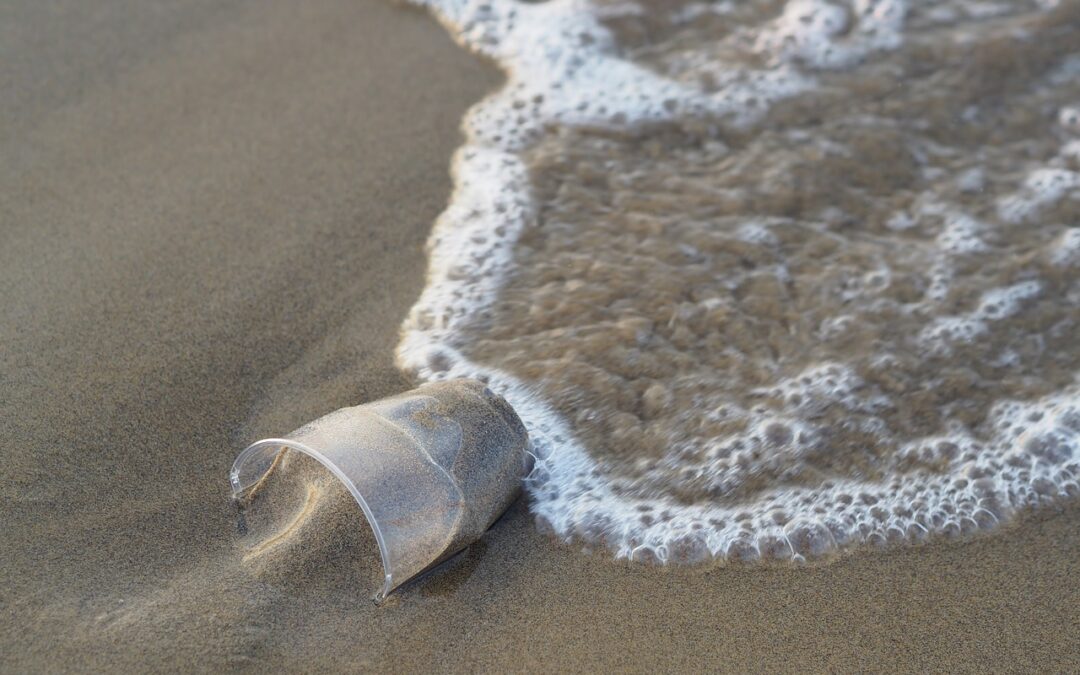The world is replete with people who want to improve the ecological integrity of our environment, but how can we achieve that? There are many areas of concern like air pollution, conservation of natural resources and habitat, food distribution and waste; the list goes on. Every individual decides what is important to them and what impact they want to make. In an article published this year, five researchers in the United Kingdom analyzed the effectiveness of actions to reduce plastic pollution in rivers based on their feasibility and their social, economic, and environmental impacts.
Using multi-criteria decision analysis (MCDA), they ranked actions based on their negative and positive features. MCDA is used to evaluate alternative decisions options based on common criteria which is done by assigning weights to determine the importance of each criteria (done by 12 professionals working on plastics pollution in research) and then scoring each action 1 (low) to 5 (high). They identified SWOT (strengths, weaknesses, opportunities, and threats) analyses. For example, inconvenience of finding a product is a weakness to the action whereas economic incentives to complete the action is a strength. After taking into consideration direct and potential impacts, they found that the most effective ways to reduce plastic in our waterways was using wooden or reusable cutlery and stirrers, reusable water bottles, plastic-free cotton swabs, a cotton reusable tote bag, and refillable shampoo/detergent bottles.

The top ten plastic items found in fresh bodies of water were food wrappers, straws/cutlery/stirrers, bottles and lids, takeout containers, cups, plastic cotton swaps, sanitary pads, cigarettes, and cigarette packaging. Being a conscious consumer can be a daunting task, but learning how to refuse plastic items, replace them with alternative products, and correctly dispose of things can be a fun challenge that gets easier with practice. We may be familiar with reduce, reuse, recycle, but another direct action is to REFUSE! In addition to making these conscious decisions, people can advocate for plastic reduction legislation and educate friends and family about their impacts.
By: Gabi Esparza
Check out the article here:
Consumer-based actions to reduce plastic pollution in rivers: A multi-criteria decision analysis approach


Recent Comments